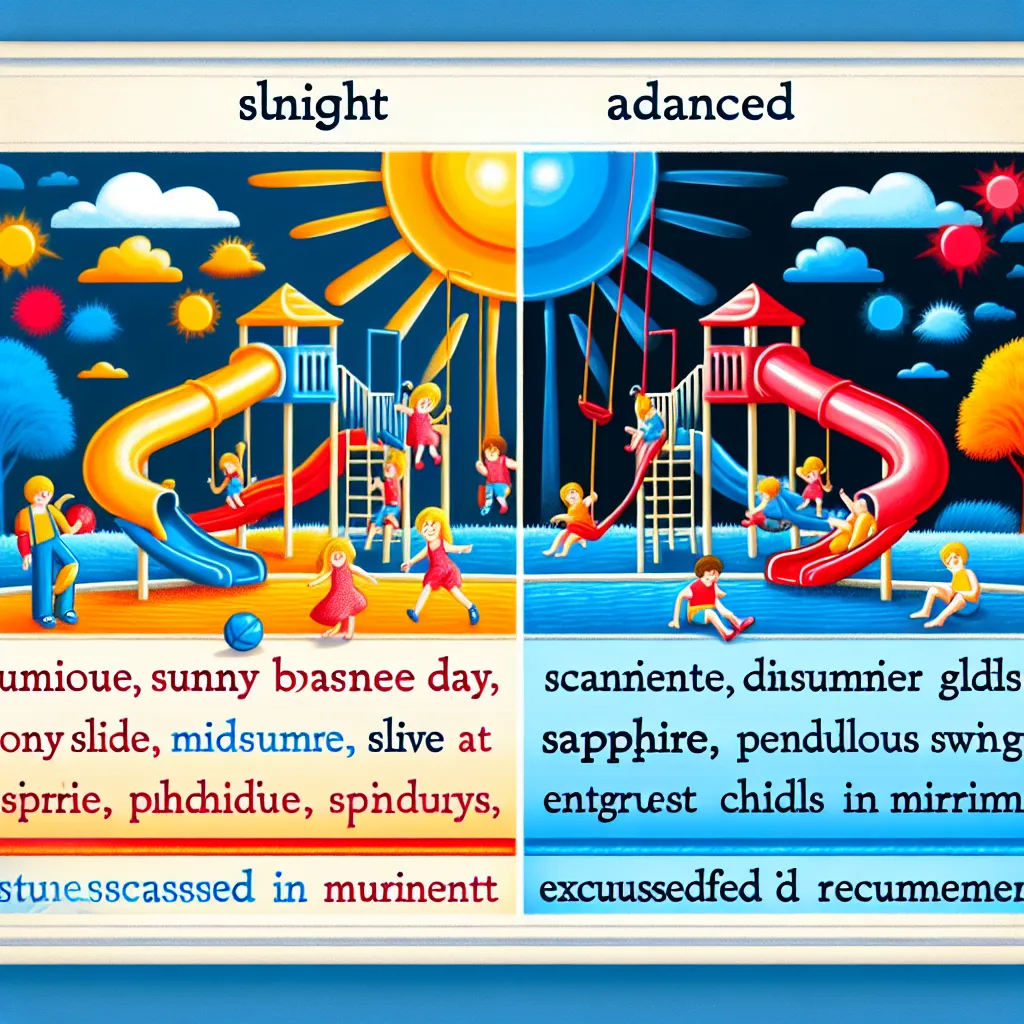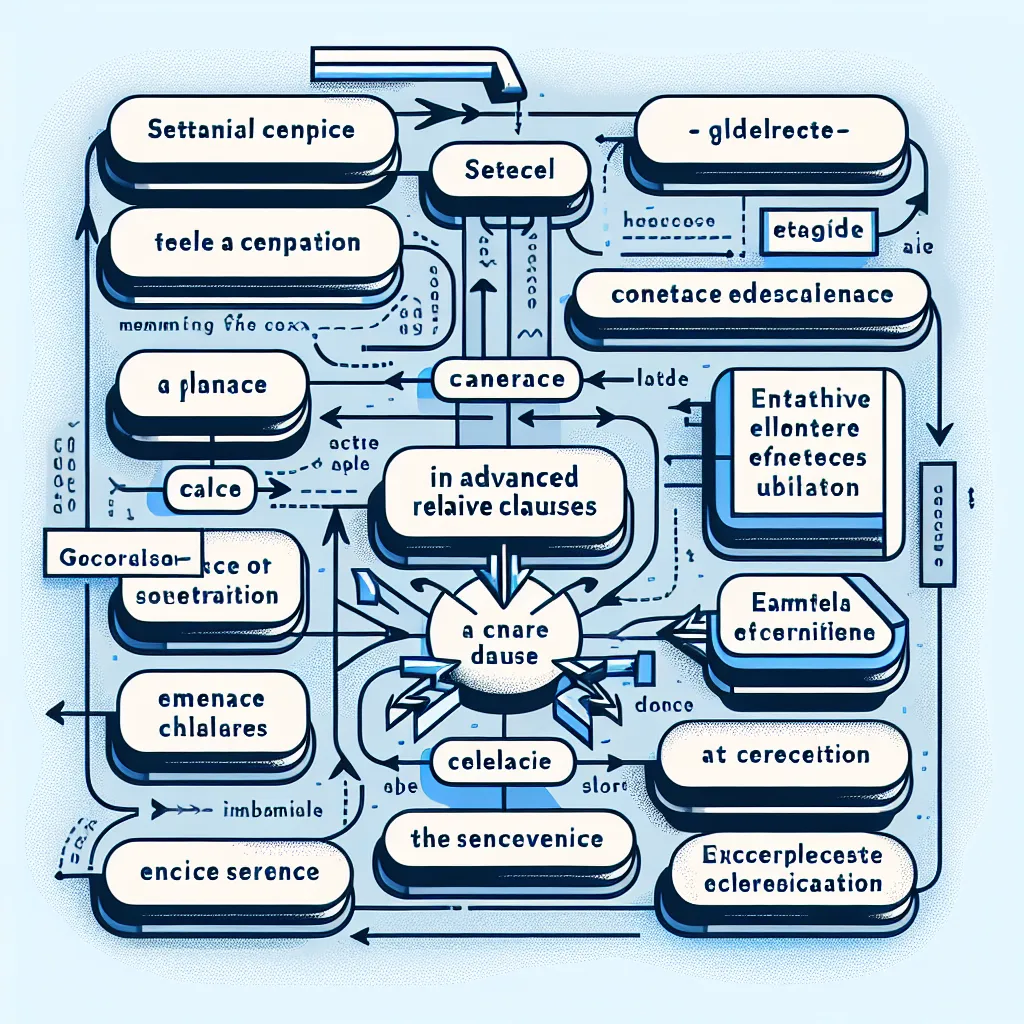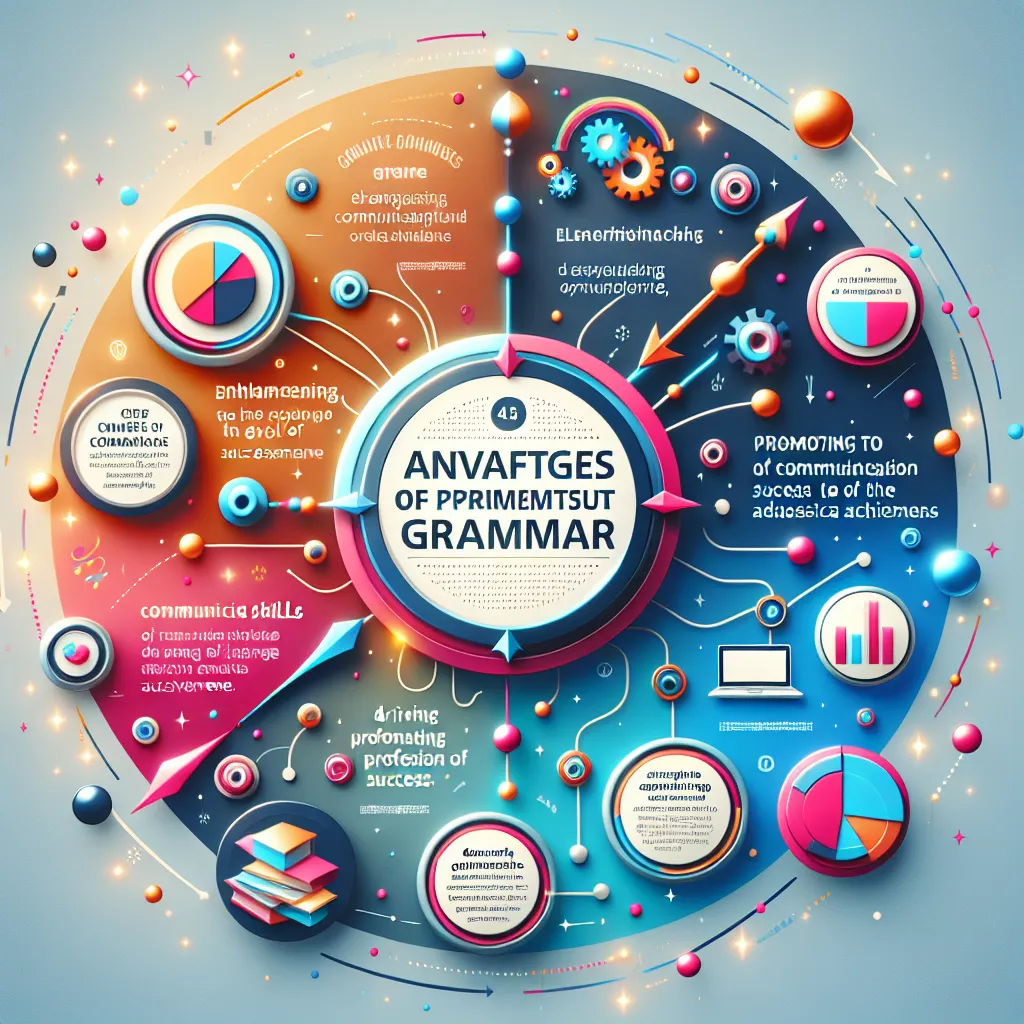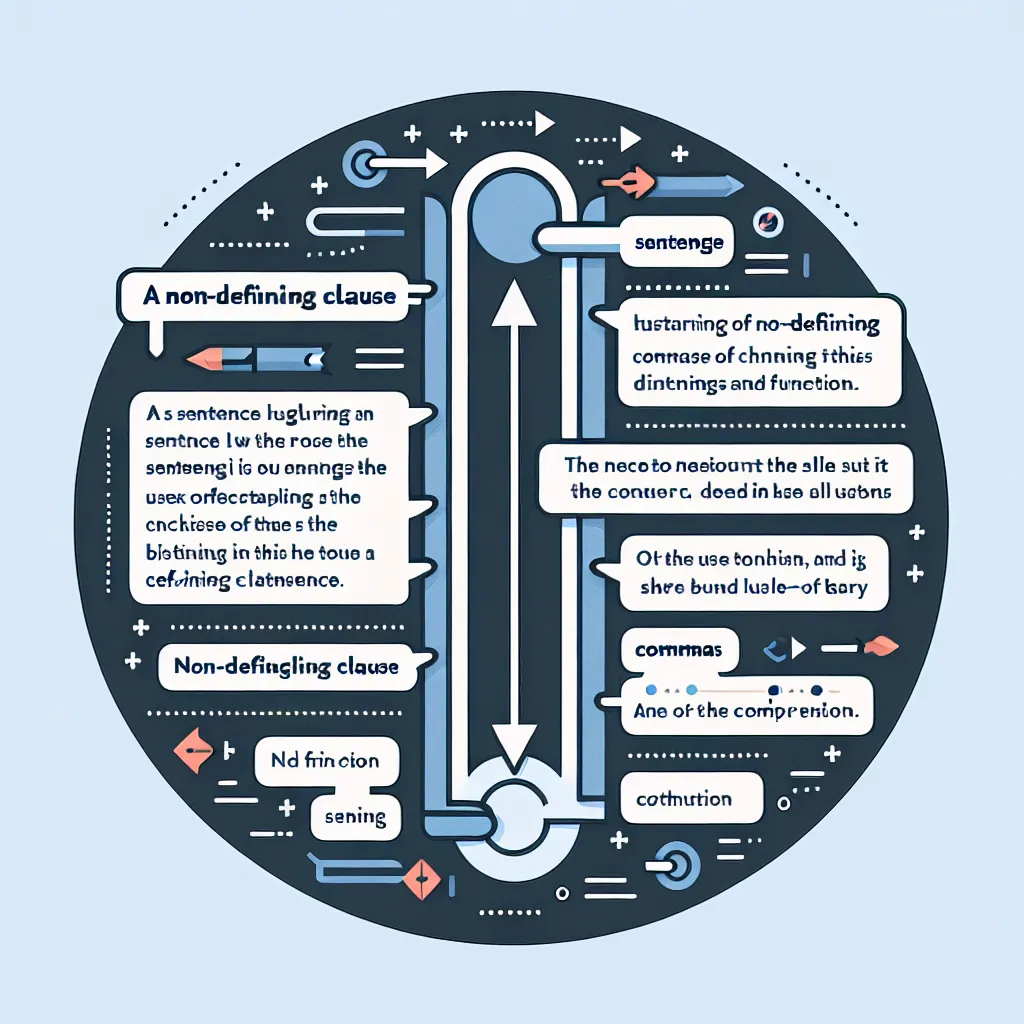Are you looking to elevate your English writing and speaking skills? Mastering advanced adjectives is a crucial step towards achieving fluency and expressing yourself with precision. In this comprehensive guide, we’ll explore effective strategies for Perfecting The Use Of Advanced Adjectives, helping you to enhance your vocabulary and communicate more eloquently.
Understanding the Importance of Advanced Adjectives
Advanced adjectives are powerful tools that can transform your language from basic to sophisticated. They allow you to convey nuanced meanings, paint vivid pictures with words, and express complex emotions. By incorporating these descriptive words into your vocabulary, you can significantly improve your ability to articulate thoughts and ideas in both written and spoken English.
 Importance of Advanced Adjectives
Importance of Advanced Adjectives
Why Focus on Advanced Adjectives?
- Enhanced expressiveness: Advanced adjectives enable you to describe things with greater precision and depth.
- Improved writing: They add flavor and sophistication to your essays, reports, and creative writing.
- Better communication: You can convey your thoughts and feelings more accurately in conversations.
- Expanded vocabulary: Learning advanced adjectives naturally increases your overall word bank.
Strategies for Mastering Advanced Adjectives
1. Contextual Learning
One of the most effective ways to learn and remember advanced adjectives is through contextual learning. This involves encountering and using new words in relevant situations.
- Read extensively: Expose yourself to a variety of texts, including novels, newspapers, and academic articles. Pay attention to how advanced adjectives are used in context.
- Keep a vocabulary journal: When you come across a new adjective, write it down along with the sentence in which you found it. This helps you understand its usage and connotations.
2. Synonyms and Antonyms
Expanding your vocabulary by learning synonyms and antonyms of common adjectives is an excellent strategy.
- Use a thesaurus: When you know a basic adjective, look up its synonyms to find more advanced alternatives. For example, instead of “happy,” you might use “elated,” “jubilant,” or “euphoric.”
- Practice with antonyms: Understanding opposites can reinforce your grasp of advanced adjectives. For instance, the antonym of “benevolent” is “malevolent.”
3. Word Formation
Understanding word formation rules can help you deduce the meaning of unfamiliar adjectives and even create your own.
- Learn common prefixes and suffixes: For example, “un-” often means “not,” as in “unparalleled” (not having an equal).
- Recognize root words: Knowing that “loqui” means “to speak” can help you understand adjectives like “eloquent” and “loquacious.”
Advanced Adjectives in Action
Let’s look at some examples of how advanced adjectives can transform your language:
-
Basic: “The old building was scary.”
Advanced: “The dilapidated mansion exuded an eerie ambiance.” -
Basic: “The food was very good.”
Advanced: “The culinary masterpiece was absolutely exquisite.” -
Basic: “The politician gave a nice speech.”
Advanced: “The orator delivered an eloquent and persuasive address.”
 Examples of Advanced Adjectives Usage
Examples of Advanced Adjectives Usage
Common Pitfalls to Avoid
While using advanced adjectives can greatly improve your language skills, there are some common mistakes to watch out for:
-
Overuse: Don’t pepper your speech or writing with too many advanced adjectives. It can make your language sound forced or pretentious.
-
Misuse: Ensure you understand the precise meaning and connotations of an adjective before using it. Misusing advanced adjectives can lead to confusion or unintended meanings.
-
Ignoring context: Some advanced adjectives are more suitable for formal writing, while others are better for casual conversation. Be mindful of the context in which you’re using them.
-
Neglecting basic adjectives: While advanced adjectives are powerful, don’t forget that sometimes a simple, well-chosen basic adjective can be just as effective.
Exercises to Improve Your Skills
To help you practice and perfect your use of advanced adjectives, try these exercises:
-
Adjective replacement: Take a simple paragraph and challenge yourself to replace basic adjectives with more advanced ones.
-
Description challenge: Choose an object or scene and describe it using as many advanced adjectives as you can, ensuring they’re used accurately and appropriately.
-
Contextual sentences: Create sentences using advanced adjectives in different contexts to understand their versatility.
-
Synonym chains: Start with a basic adjective and create a chain of increasingly sophisticated synonyms. For example: big → large → enormous → colossal → gargantuan.
Conclusion
Perfecting the use of advanced adjectives is a journey that requires patience, practice, and persistence. By incorporating these strategies into your language learning routine, you’ll gradually expand your vocabulary and enhance your ability to express yourself with precision and eloquence. Remember, the goal is not just to use advanced adjectives, but to use them effectively and appropriately. Keep practicing, stay curious, and watch as your language skills flourish!
For more tips on improving your English language skills, check out our article on mastering nominalization techniques, which can further enhance your writing and speaking abilities.




